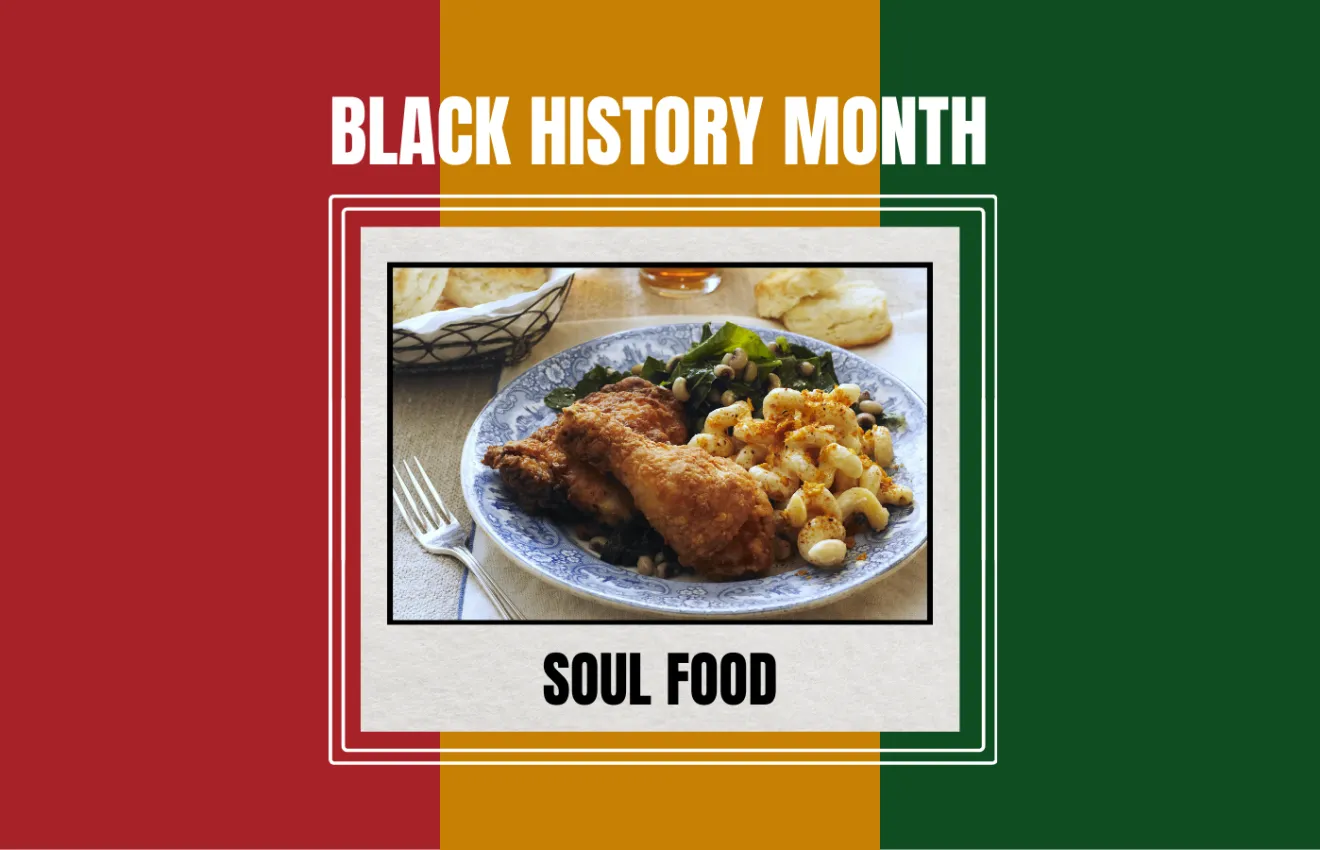The History of Soul Food
- News

Black History Month
Written by Ashanti Moore, Boundless Behavioral Health Operations Manager, DEI Committee Member
Black history is deeply intertwined with the rich and diverse culinary traditions passed down through generations. From the time of slavery to the present day, black food has played a significant role in shaping the cultural identity of Black Americans and has been a powerful expression of resilience, creativity and community. Despite the harsh conditions they faced, African slaves brought with them a wealth of culinary knowledge, incorporating flavors, techniques and ingredients from their native lands. As a result, traditional African dishes merged with the limited resources available to slaves, giving rise to a unique and innovative fusion of flavors that laid the foundation for what we now recognize as soul food.
Soul food is characterized by dishes that are hearty, flavorful and rooted in tradition. Staples like collard greens, okra, cornbread and black-eyed peas have become iconic elements of this cuisine, symbolizing a connection to the past and a celebration of resilience. Over time, African American chefs and home cooks continued to innovate and elevate black food, contributing to the broader American culinary landscape while maintaining a deep connection to the cultural and historical roots that make these dishes so meaningful. Recipes are passed down through love and not always through a written book. Families teach children at a young age the traditional family dish to carry them through generations.
A great tool to learn more about the history of black foods is “High on the Hog,” a four-part Netflix docuseries based on the acclaimed book High on the Hog by food historian Jessica B. Harris. The series explores the profound impact of Black American food and culinary traditions on American cuisine. Hosted by food writer and chef Stephen Satterfield, "High on the Hog" takes viewers on a journey through the history of Black American food, starting from its roots in Africa to its evolution in the United States. The series delves into the rich cultural heritage of African American cooking, highlighting the contributions of enslaved Africans to American culinary traditions. “High on the Hog” celebrates the resilience, creativity and cultural significance of African American food, emphasizing its role in shaping the diverse and flavorful tapestry of American cuisine.
Today, the celebration of Black American history through black food stands as a testament to the enduring legacy of a community that has turned adversity into a source of pride and strength.





